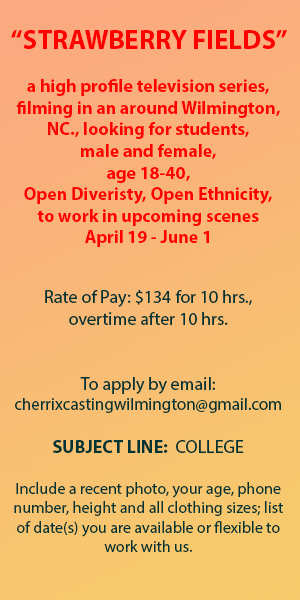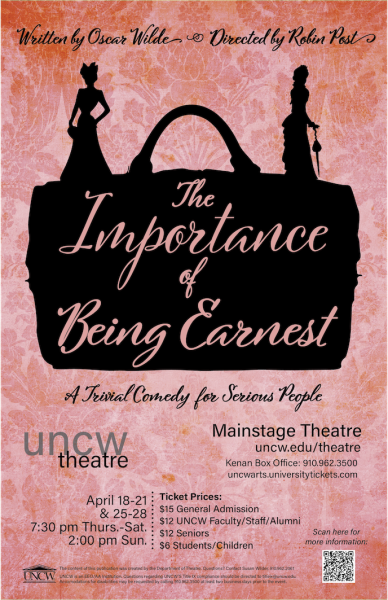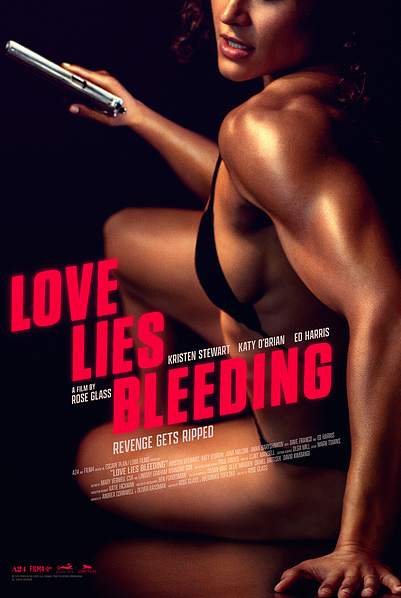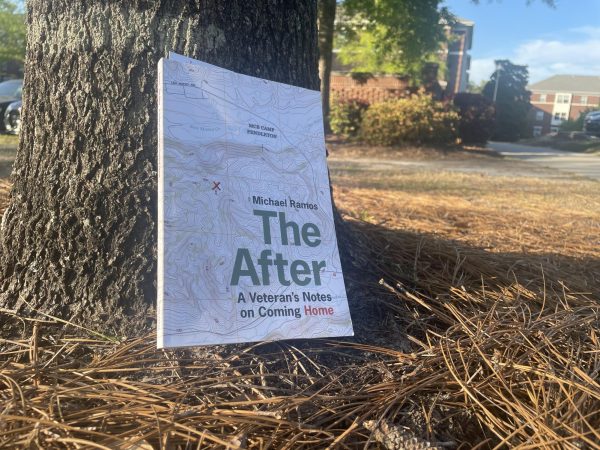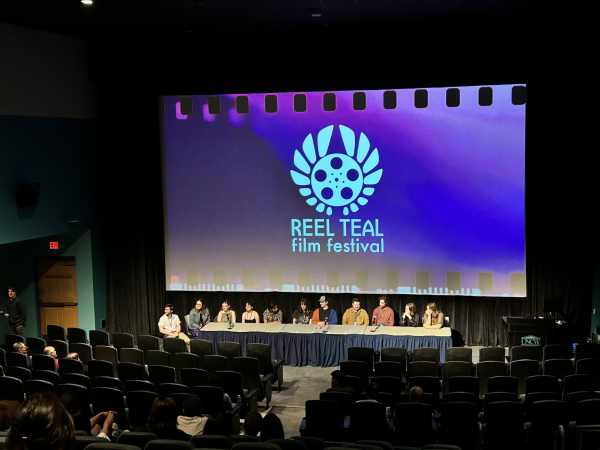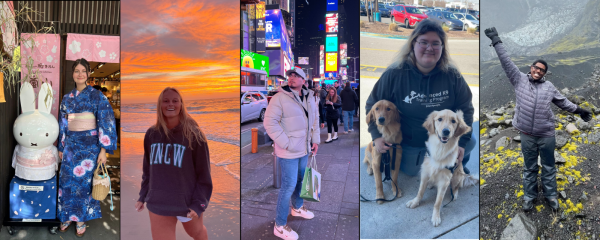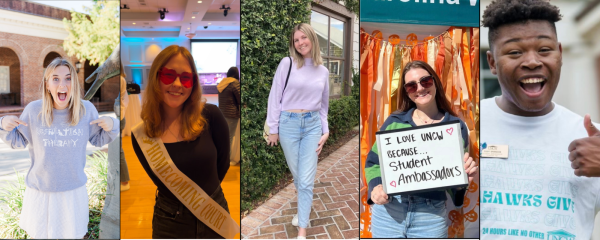Feminist leader Shelby Knox speaks on campus
March 27, 2013
Even Shelby Knox jokingly calls herself “the scary feminist from New York.
Knox is best known as the subject of the 2005 Sundance Film Festival’s award-winning documentary, “The Education of Shelby Knox,” which profiles her life in conservative, small-town Lubbock, Texas, as a young activist for comprehensive sex education and gay rights.
Lauren Habig, president of the Women’s Studies Student Association, arranged to bring Shelby Knox to the UNCW campus with the help of the Student Government Association, the Women’s Studies and Resource Center, the Office of Institutional Diversity and Inclusion and the LGBTQIA Resource Office.
Members of these groups and other locals heard the sassy and inspiring 26-year-old feminist lecturer give an innovative speech in Lumina Theater last Wednesday, March 20.
“I consider it to be a success. Everyone was super engaged and asked a lot of good questions. A lot of people stayed to hang out afterwards,” Habig said. “She’s pretty interesting and in a good way. It went so well because she’s young, so she’s less intimidating, cool and willing to talk to you in an informal way.”
Knox paved her way as a female leader at a very young age. She was only 15 when her new-found youth activism began and 17 when the documentary was released.
“I was raised an evangelical southern Baptist and was in no way progressive,” Knox said.
Knox changed her views when her schoolmate and friend became pregnant after her boyfriend told her that would not happen on the first time. The high school asked that Knox’s friend be sent away to an alternative institution during her pregnancy. The situation made Knox very “pissed off.”
“It was so scary and unfair. She didn’t have the knowledge,” Knox said. “…If everyone’s anger had matched mine, it wouldn’t have been a big deal. But everyone else isn’t like me.”
Nearly a decade later, Knox is speaking on behalf of feminists and women who have the same view as feminists but do not necessarily identify with the word. A great deal of her lecture was simply about the definition of feminism and why people are so afraid of it.
“All it means is equality,” Knox said. “I love this word. It’s literally and figuratively something I’m very comfortable with.”
Habig agrees with Knox’s viewpoint on feminism.
“Feminism is just a word for not being sexist,” Habig said.
Knox identifies with Fourth Wave Feminism. The first wave began with 19th century women’s suffrage and temperance movements.
“I like to call it the forth, like f-o-r-t-h movement. A movement has to move, and forward,” she said. “The way we do our work is so different.”
Knox has a huge online presence. She has a blog, Facebook page, and a seriously active Twitter account. At the lecture, Knox suggested that the common arguments that people are having via Tumblr about gender identity and confusion are essentially this generation’s new definition of gender theory.
“We all hung out afterwards and she was on her social media sites all night,” Habig said with a laugh. “I thought it was about time we brought a younger feminist.”
“She understands herself as a feminist of the fourth wave and as an upcoming leader of the next generation,” said director of the Women Studies Resource Center, Michelle Scatton-Tessier. “She understands herself as a facilitator by using her privileges to help other positions garner change, and I appreciate that.”
Currently, Knox is the director of Women’s Rights Organizing at change.org. At change.org, she has facilitated many efforts on behalf of concerned women across the country.
Scatton-Tessier believes that the most notable message of Knox’s speech were her words against violence.
“She took that one word – violence – and talked about how it infiltrates our lives,” Scatoon-Tessier said. “As an advocate for social justice, she is hashing out a lot of ideas,”
Knox spoke about rape culture and how it applies to the current news and media. But she also believes in “the violence of not allowing people to control their own bodies,” as related to abortions, and “the violence of colonization,” as related to access to contraceptives.
But Knox isn’t only concerned about women. She wants people of all races and sexual orientations to be represented fairly. In fact, she claims that she feels privileged as a “straight, white, documented, cisgender person.”
“It’s not so much women’s issues for her,” Habig said. “Like she said, everything affects women. It’s more about coming together and working as a united group, and coming together to fight for social change.”
Knox continues to travel across the country as an itinerant feminist organizer for lectures, workshops and other events. According to Habig, she is currently working on a book about the next generation of activism and “plotting the revolution via Twitter.”
“She’s finding her voice and place in the community, and deciding what to do with that anger effectively,” Scatton-Tessier said. “I’m expecting a lot out of the book.”
Knox is only 26, but she’s already an inspiration to developing young activists of all races and genders across the country.












